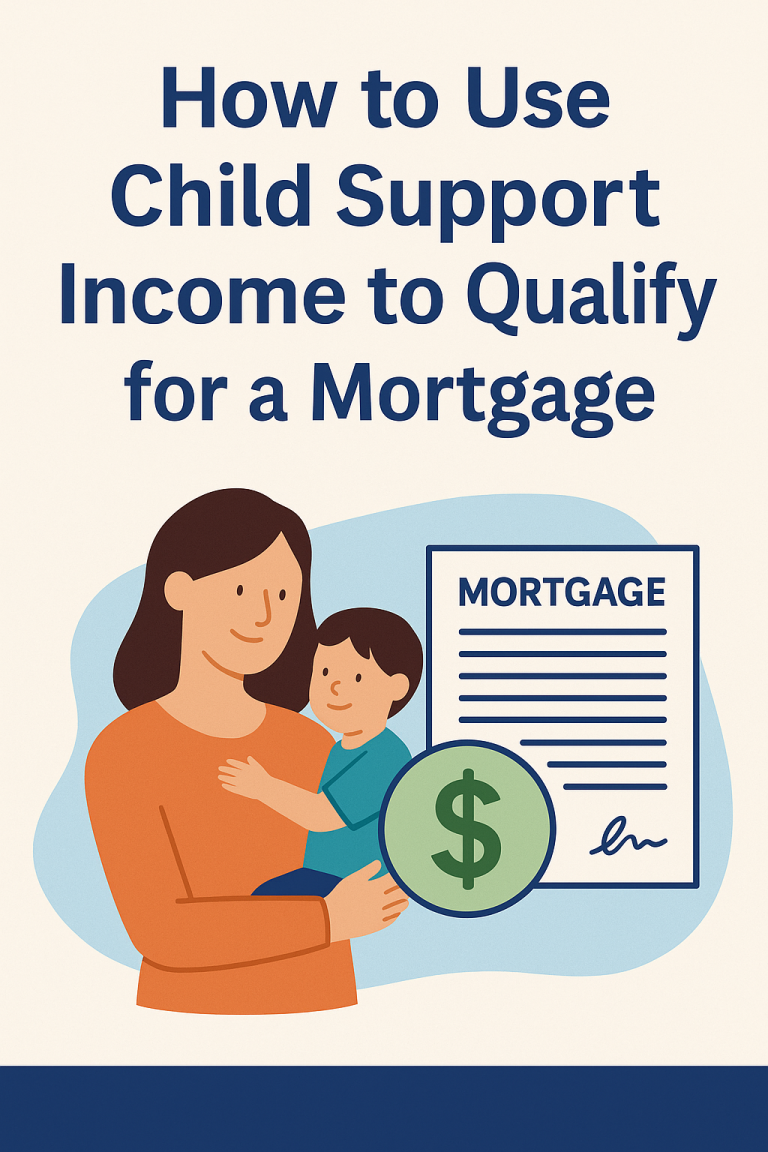If you’ve never bought a home before or it has been many years since your last mortgage transaction, you’ll need to freshen up on the basics. What lenders look for…
The 3 c’s
Cash-this one is a biggie. You need to have cash to buy a house pure and simple. Gone are the days of successfully using down payment assistance and seller credits can be tough to come by. One alternative is obtaining gift money which is permitted on nearly every mortgage loan program available in the marketplace. All funds use must be documented and sourced. Typically, to buy a house you’ll need at least $10-$15,000 in some markets as much as $20,000.
Mortgage Tip: Don’t focus on the percent down. If a mortgage lender asks you how much your cash you have to work with to buy a home with don’t say 10%. The percent is a function of the purchase price. The right answer would be to provide the total dollar amount you have or have access to. Let your lender worry about the percentages of what that looks like in relationship to how much house you are aiming for.
Income– you must have income to get any kind of a mortgage (excluding reverse mortgages). Mortgages are made against your income not against the house. The only way to show your ability to repay is to show income coming in to offset the monthly obligation. Some lenders have what are called asset depletion programs that will allow you to generate income off of an asset. This typically means having large assets in the bank to draw a proposed income off of which is then used to qualify for home financing. For the majority of people, you’ll need to have income to offset the mortgage payment and to keep your debts relatively low in relationship to your income which creates the room for a mortgage payment.
Credit– you must have an eligible credit score able to secure financing. If you have a credit score anywhere in the 620 or higher range, you’re in business. In some cases you can also get a mortgage if your credit score is under 620, with stronger credit requirements such as a 43% max debt to income ratio.
The reality of it is that every mortgage loan in today’s environment needs to be fully documented and you must prove that you really can afford the mortgage. One or two out of three is not going to cut it either. If you have income, but you don’t have credit, no amount of cash is going to fix that. If you have cash, but you don’t have credit, that will not fix the need for need for income. All three components must be in alignment in order to qualify for mortgage loan financing.
Lenders will closely examine for your full income, cash and credit. The CCI is how lenders determine how much mortgage and/or home you are eligible for. If you are deficient in an area, focus on that obstacle and getting approved for financing can be within your grasp.
Want more custom information? Get a custom rate quote now.
Share:
RELATED MORTGAGE ADVICE FROM SCOTT SHELDON
Why Lenders Request the Same Documents More Than Once
If you’ve ever applied for a mortgage, you’ve probably wondered why lenders sometimes ask for…
VA Loans and the Clear Pest Report Requirement: What Buyers Need to Know
If you’re a homebuyer using a VA loan to finance your property, there’s a unique…
View More from The Mortgage Files:
begin your mortgage journey with sonoma county mortgages
Let us make your mortgage experience easy. Trust our expertise to get you your best mortgage rate. Click below to start turning your home dreams into reality today!



